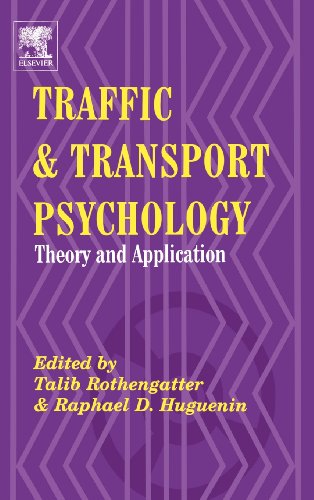
This volume gives an overview of the trends in Traffic and Transport Psychology. It reflects the considerable development of the most important factors for driving a road vehicle, and the variety of international research approaches. The first part contains basic approaches and integrated models as well as general theories and their implementation into Traffic and Transport Psychology. The second part deals with the driver, especially cognition, performance, social and differential effects and impairment. Important aspects are treated, such as speed perception, reaction times, interaction, risk acceptance, aggression and gender differences. Special chapters refer to performance and fatigue. The third part focuses on safety, driver support, selection and influencing drivers by enforcement, training and programs for the rehabilitation of traffic offenders. Classic ergonomic methods are discussed as well as modern telematic devices, or trends regarding driver-assessment. In the last part, . CLICK HERE TO START DOWNLOAD